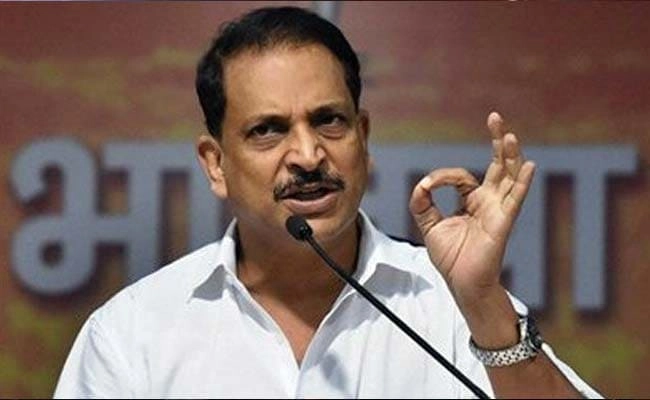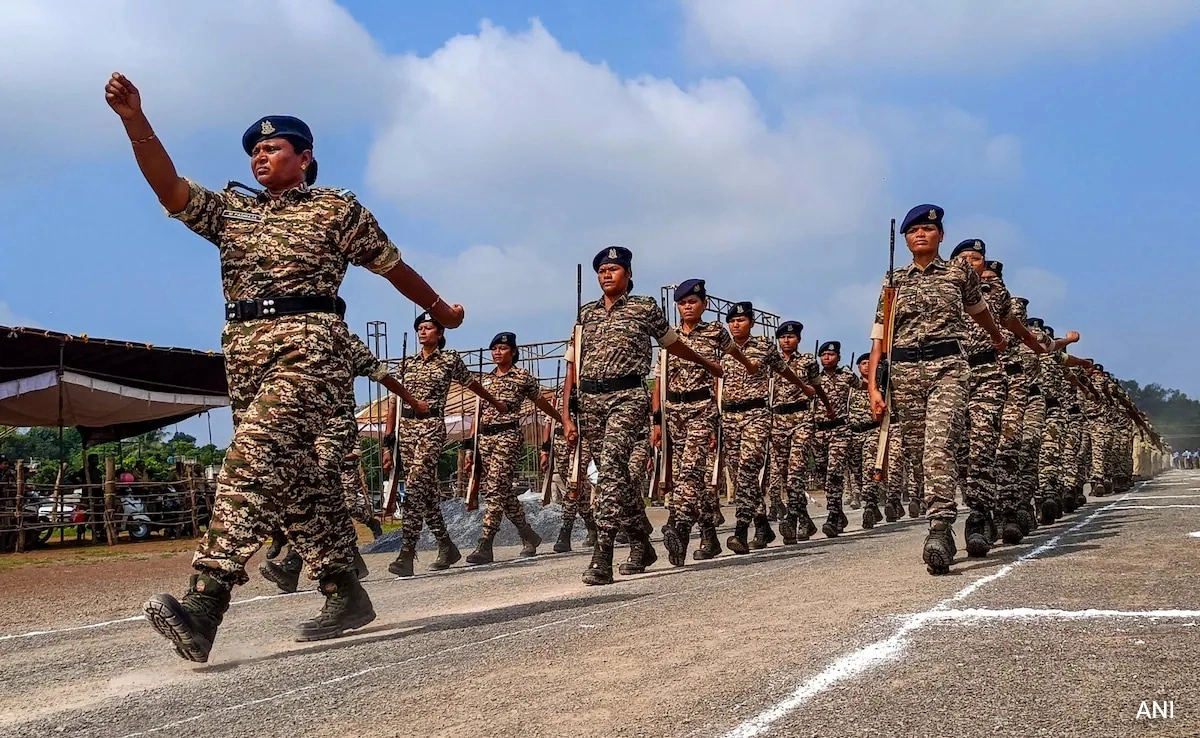In a recent statement that has sparked considerable interest, Rajiv Pratap Rudy, a prominent member of the Bharatiya Janata Party (BJP), made headlines by declaring that he has “fought all members of the Lalu Yadav family.” This assertion not only highlights the ongoing political rivalry between the BJP and the Rashtriya Janata Dal (RJD), led by Lalu Prasad Yadav, but also sheds light on the complex dynamics of Indian politics, where familial legacies often play a crucial role in shaping party narratives and electoral strategies.
Rudy’s comments can be interpreted as both a personal reflection on his political battles and a broader critique of the Yadav family’s influence in Bihar politics. The Yadav family, particularly Lalu Prasad Yadav, has been a significant player in the political landscape of Bihar for decades. Lalu’s tenure as Chief Minister and his subsequent role as a pivotal leader of the RJD have established him as a formidable force. Rudy’s remarks underscore the BJP’s determination to challenge this entrenched political dynasty, as the party seeks to consolidate its power and appeal to a diverse electorate in the state.
Furthermore, Rudy’s statement serves as a reminder of the intense rivalries that characterize Indian politics, where personal vendettas often intersect with larger ideological battles. The BJP’s strategy has increasingly focused on dismantling the influence of established political families, positioning itself as a party of change and reform. By openly acknowledging his confrontations with the Yadav family, Rudy not only reinforces his credentials as a dedicated party member but also seeks to galvanize support among constituents who may be disillusioned with traditional political structures.
In conclusion, Rajiv Pratap Rudy’s assertion of having “fought all members of the Lalu Yadav family” encapsulates the ongoing struggle for political dominance in Bihar. As the BJP continues to challenge the established order, the interplay between individual rivalries and larger political narratives will undoubtedly shape the future of the region’s political landscape. The coming elections will likely see intensified campaigns as both parties vie for the hearts and minds of voters, making this rivalry a focal point of discussion in the months to come.




